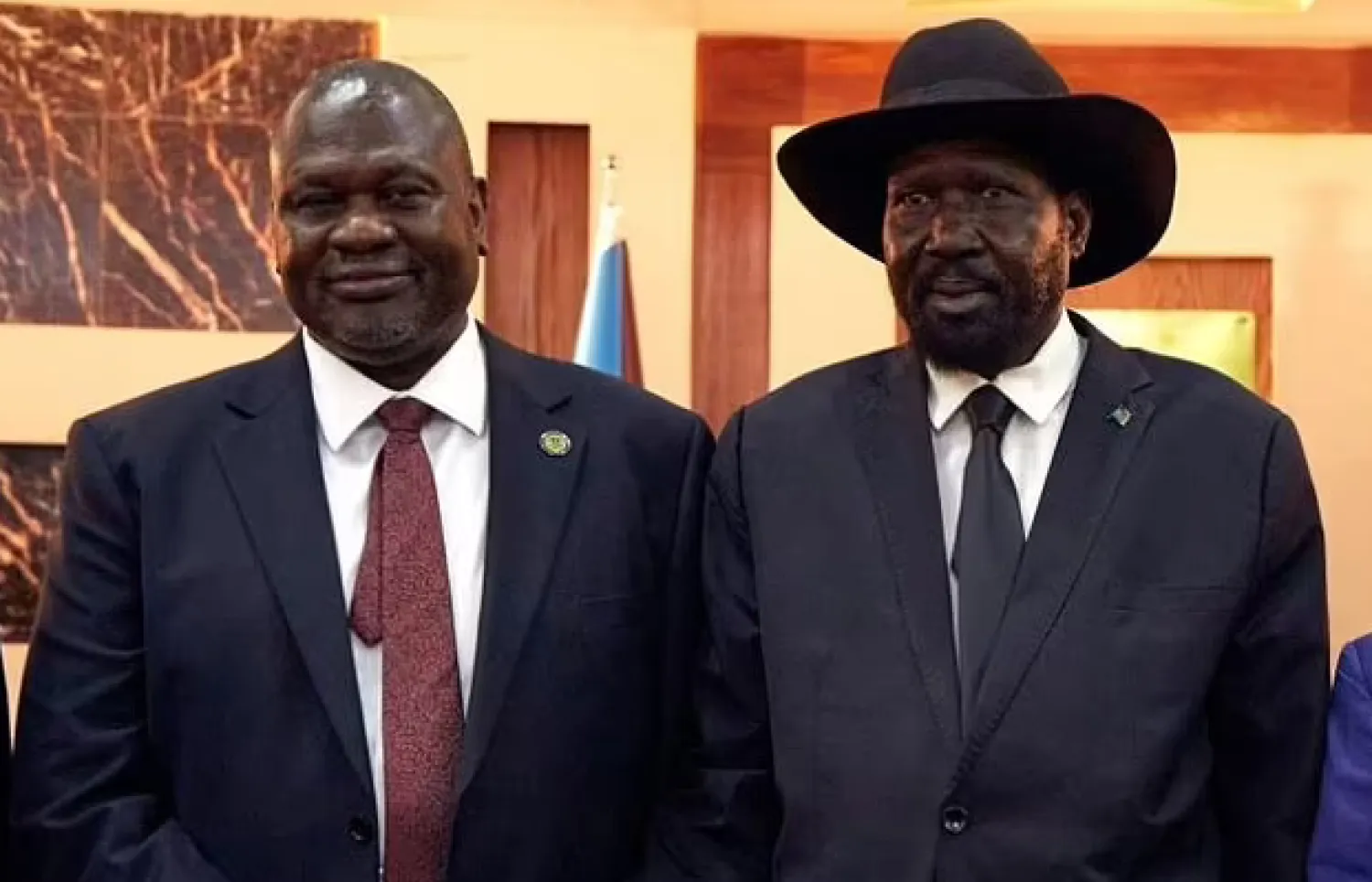Regional African body IGAD called Monday on rival military factions of South Sudanese Vice President Riek Machar's movement to open the path for dialogue after deadly fighting at the weekend.
At least 30 people were reported dead in the clashes that broke out on Saturday, just days after Machar's foes in his SPLA-I0 said they had ousted him as party leader and head of its armed forces.
The Intergovernmental Authority on Development (IGAD) called the emergency meeting of its foreign ministers, saying the current political situation in the young nation required "the urgent attention of the council".
AFP reported IGAD executive secretary Workneh Gebeyehu as saying on Twitter that he had called on the warring factions to settle their differences peacefully.
"I called on SPLM/SPLA-IO leaders to open the avenues of dialogue to settle differences in a peaceful manner so as to safeguard the implementation of the revitalized agreement on the resolution of the conflict," he said, referring to Machar's umbrella Sudan People's Liberation Movement/Army-In Opposition.
The East African bloc has been a key player in peace talks to end the young country's five-year civil war between forces loyal to Machar and his old foe President Salva Kiir that cost almost 400,000 lives.
The latest fighting in Machar's own movement threatens to put further pressure on the already fragile peace accord signed by the two men in 2018 and their power-sharing deal.
Each side blamed the other for launching the early morning attacks on Saturday on rival forces in Upper Nile State which borders Sudan.
Machar's forces killed two major generals and over 27 "enemy" soldiers, and lost three of their own men, a military spokesman for Machar said.
In turn, the forces led by Simon Gatwech Dual -- the general named last week as interim SPLA-IO chief -- claimed in a statement they had killed 28 and lost four in their ranks.
The world's youngest nation has struggled with war, famine and chronic political and economic crisis since celebrating its hard-fought independence from Sudan in July 2011.
IGAD brings together Djibouti, Ethiopia, Kenya, Somalia, South Sudan, Sudan and Uganda. Eritrea suspended its membership in 2007 and has not been readmitted.









